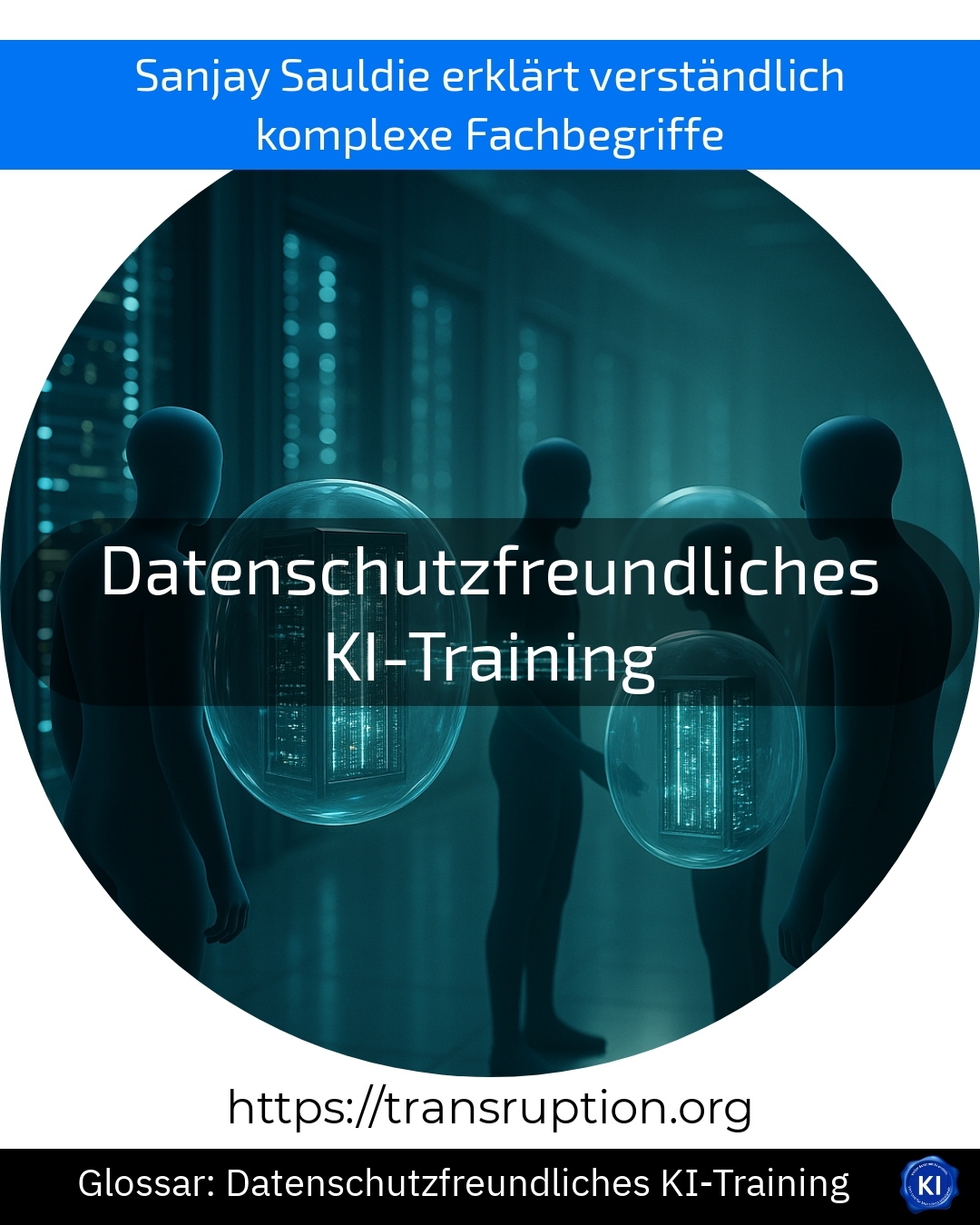Privacy-friendly AI training is particularly important in the areas of artificial intelligence, digital society and cybercrime and cybersecurity. The term describes methods in which artificial intelligence (AI) is "trained" in such a way that the protection of personal data is maintained at all times.
In order for an AI to learn, large amounts of data are often used, for example images, texts or customer data. In data protection-friendly AI training, however, this data is processed in such a way that it cannot be traced back to individual persons. This means that personal information such as names, addresses or sensitive details are removed, anonymised or not processed at all.
An illustrative example: A supermarket wants to use an AI to better understand shopping habits. However, instead of using individual customer data such as name or account number, the supermarket processes the data before training the AI in such a way that no personal identification is possible - for example by summarising data or omitting sensitive information.
Data protection-friendly AI training ensures that companies can develop innovative solutions without violating data protection laws or jeopardising the trust of their customers.















